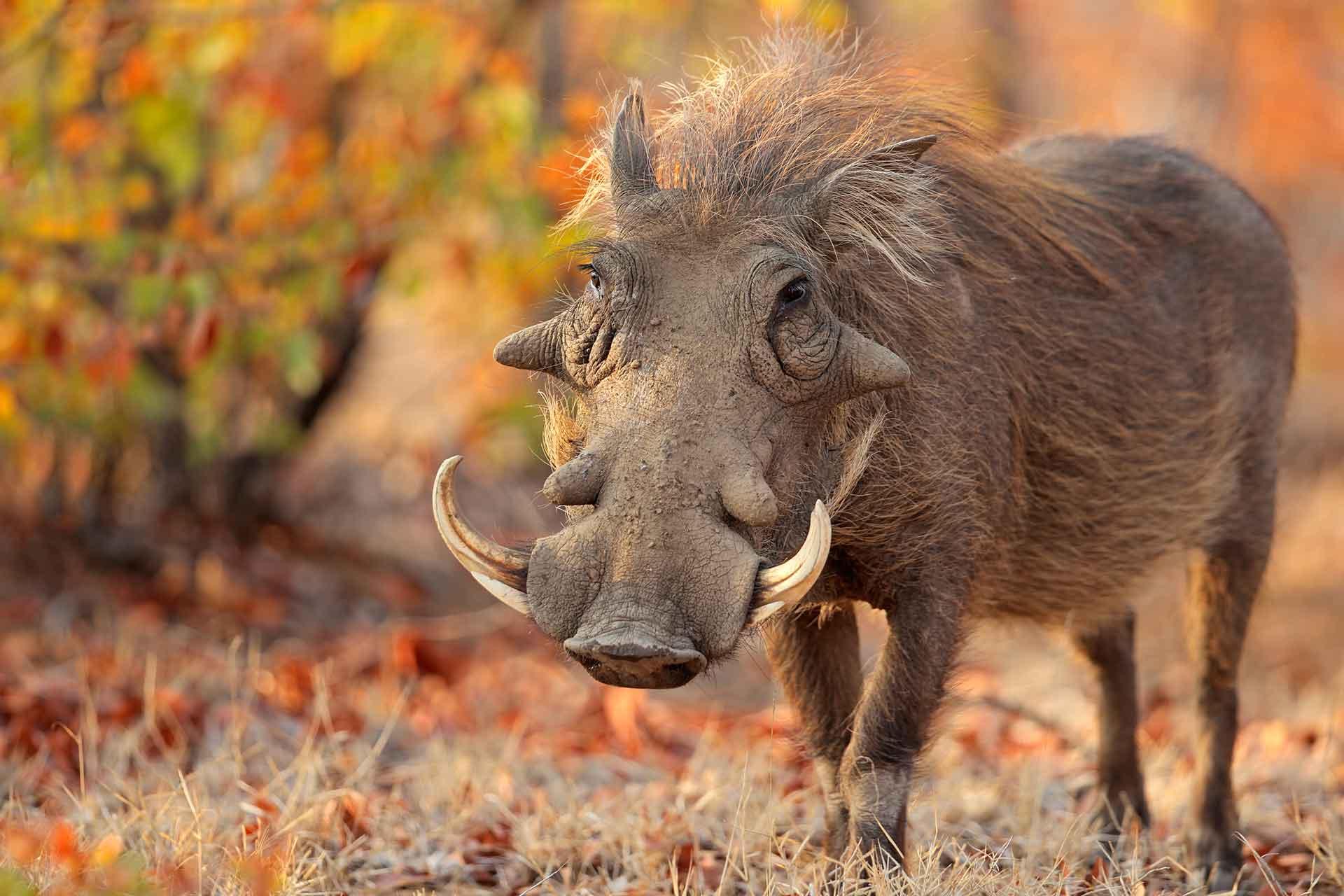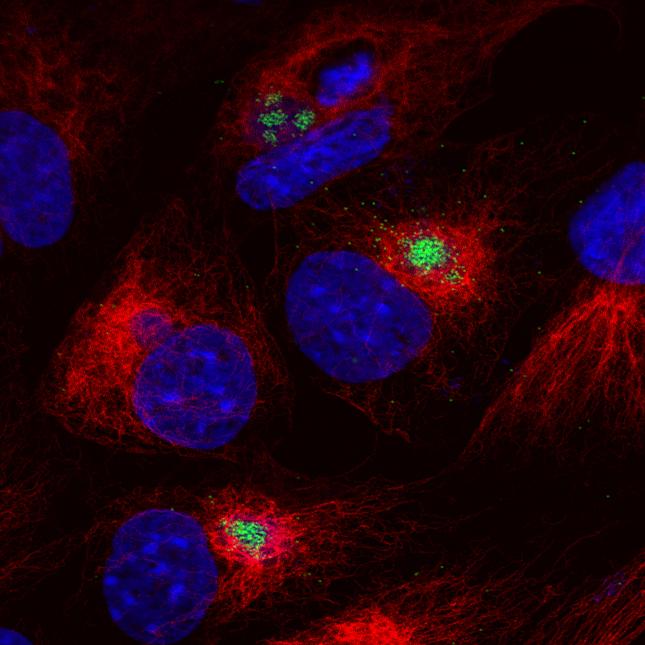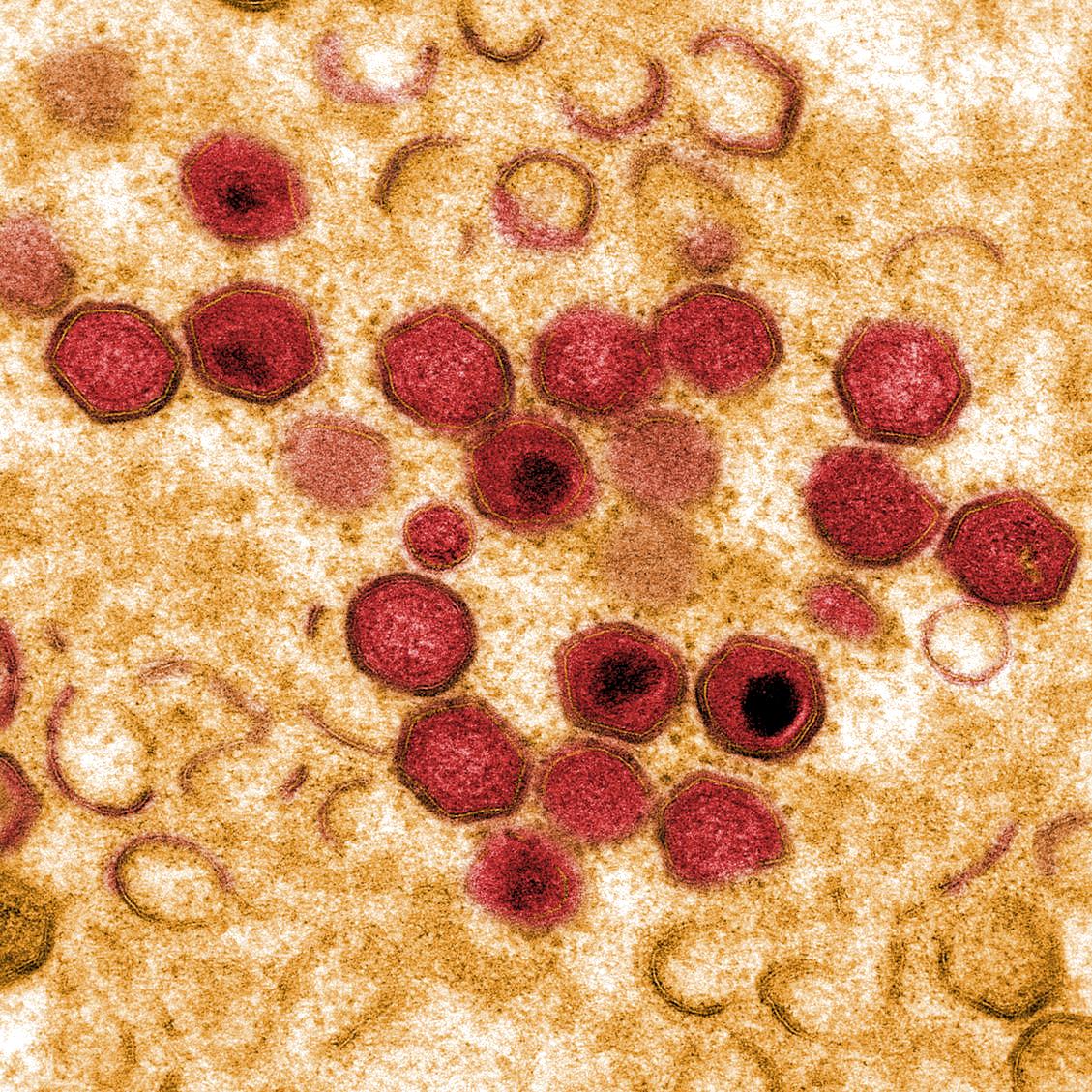A pool of eight virally vectored African swine fever antigens protect pigs against fatal disease
Classical approaches to African swine fever virus (ASFV) vaccine development have not been successful; inactivated virus does not provide protection and use of live attenuated viruses generated by passage in tissue culture had a poor safety profile. Current African swine fever (ASF) vaccine research focuses on the development of modified live viruses by targeted gene deletion or subunit vaccines. The latter approach would be differentiation of vaccinated from infected animals (DIVA)-compliant, but information on which viral proteins to include in a subunit vaccine is lacking. Our previous work used DNA-prime/vaccinia-virus boost to screen 40 ASFV genes for immunogenicity, however this immunization regime did not protect animals after challenge. Here we describe the induction of both antigen and ASFV-specific antibody and cellular immune responses by different viral-vectored pools of antigens selected based on their immunogenicity in pigs. Immunization with one of these pools, comprising eight viral-vectored ASFV genes, protected 100% of pigs from fatal disease after challenge with a normally lethal dose of virulent ASFV. This data provide the basis for the further development of a subunit vaccine against this devastating disease.


